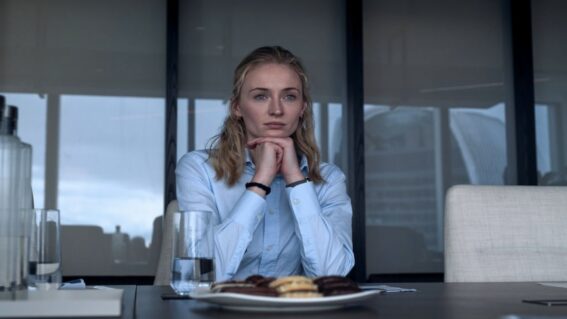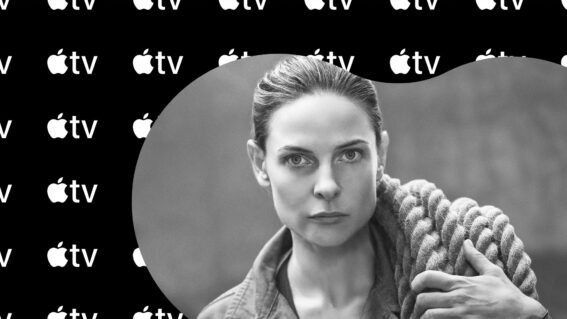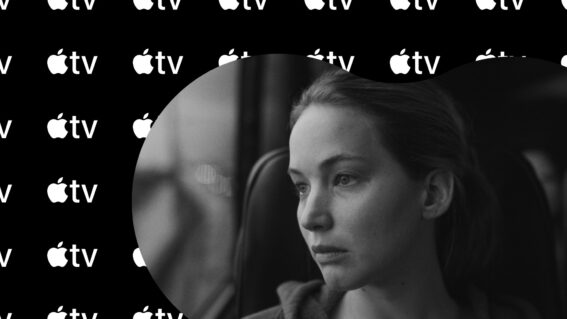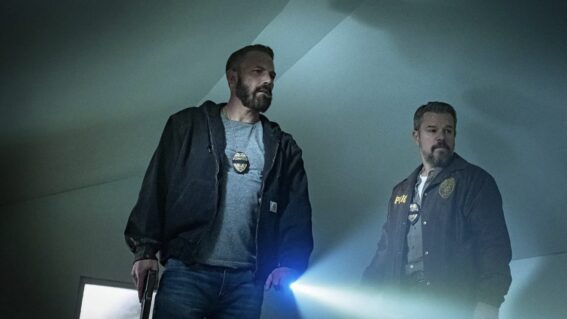The pure, uncompromising comfort TV of Platonic is smart, nuanced stuff
Seth Rogen and Rose Byrne have quietly become one of the best double acts working today.
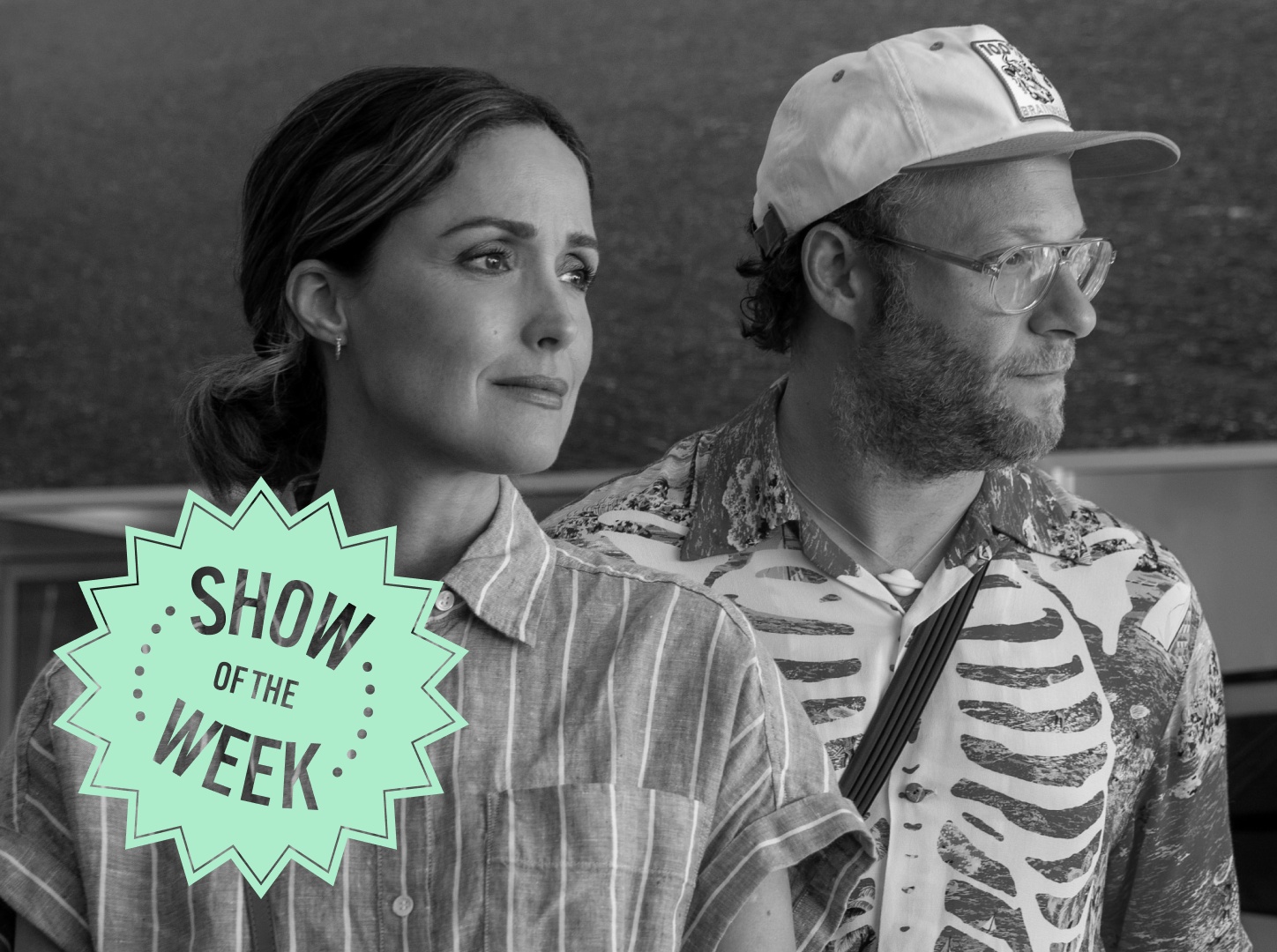
You should know about Platonic. When all your friends inevitably start bleating about Seth Rogen’s The Studio—and, don’t get me wrong, it’s genius—you can gracefully lean back, cock an eyebrow and hit them with a, “Sure, but have you seen the other, completely underrated Seth Rogen Apple TV+ show?” Platonic’s not received half the attention, and understandably so—it’s not meta nor a deconstruction, and it’s not particularly star-studded beyond its two leads, Rogen and Rose Byrne, unless you hold particularly reverential status for the cast of Saturday Night Live.
Platonic is just a sitcom, you might say. It never has unmanageable stakes, and its characters might bounce off the sides of their boxes, but they’ll never break containment. Yet, it’s a little frustrating how little collective energy there is now to find the next Friends or How I Met Your Mother.
Related reading:
* The Bear reaches a profound understanding
* Muscular epic Chief of War entertains while correcting historical record
* The best shows of 2025 so far
Audiences, with their limited time, budget, and attention, are after maximum impact—so it’s more efficient, then, to massage in a few romantic, familial, and collegial tribulations into the high-concept world of Severance than it is to try and coax people back to a relationship between a pair of mixed-gendered, 40-plus, middle class (and, I will say, this show is pretty white) friends living in Los Angeles.
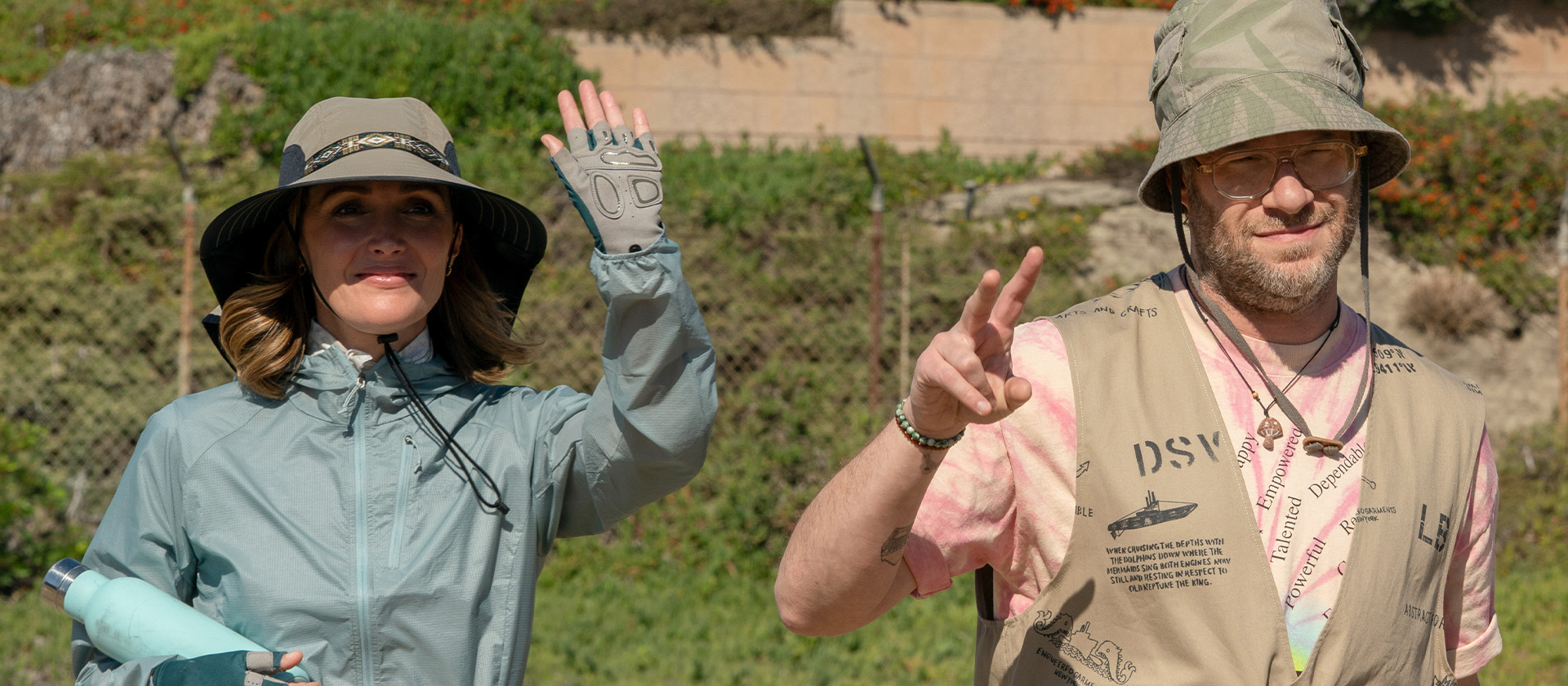
But Platonic is also pure, uncompromising comfort television. It’s smart, nuanced stuff without ever taxing a brain cell. Creators Francesca Delbanco and Nicholas Stoller have pitched their central friendship perfectly: Rogen’s Will and Byrne’s Sylvia explore the idea of co-dependency between a straight man and a straight woman, and how it naturally leads to other people’s heightened suspicions, without ever pulling a When Harry Met Sally.
It was the faintest of possibilities in season one, but there’s not even a lick of it in season two. And that offers a refreshing emotional maturity which otherwise allows its stars, with that impeccable comic timing of theirs, to push their antics to an extreme without crossing the line of believability. There’s a liquor store heist this season, involving an imaginative pronunciation of the words “Veuve Clicquot”, and a run-in with a young actor (Milo Manheim) I can only really describe as an evil Timothée Chalamet.
This season, Sylvia has full-force launched herself into her dream gig as a party planner, with the responsibility for organising Will’s upcoming nuptials to sickly sweet CEO (and his direct boss) Jenna (Rachel Rosenbloom). Yet, it’s an unavoidable truth that Will is a very different person around the two most important women in his life, which kicks off the season with a nice and meaty question: is he not comfortable being himself around his fiancée? Or is being around Sylvia making him revert to some old, chaotic version of himself that he’s since grown out of?
Rogen and Byrne, who synced so well together on Stoller’s Bad Neighbours films, have quietly become one of the best double acts working today. Rogen is the straight man who thinks he’s the laidback, funny man, while Byrne is the actual funny man who exhausts herself trying to act as the straight man. He plays up his distinctive laugh as a kind of nervous reflex, since Will is so desperate to make everyone around him think his bright-patterned shirt and bucket hat, microbrewer personality is authentic, when he’s really just a nice but deeply insecure sort of guy.
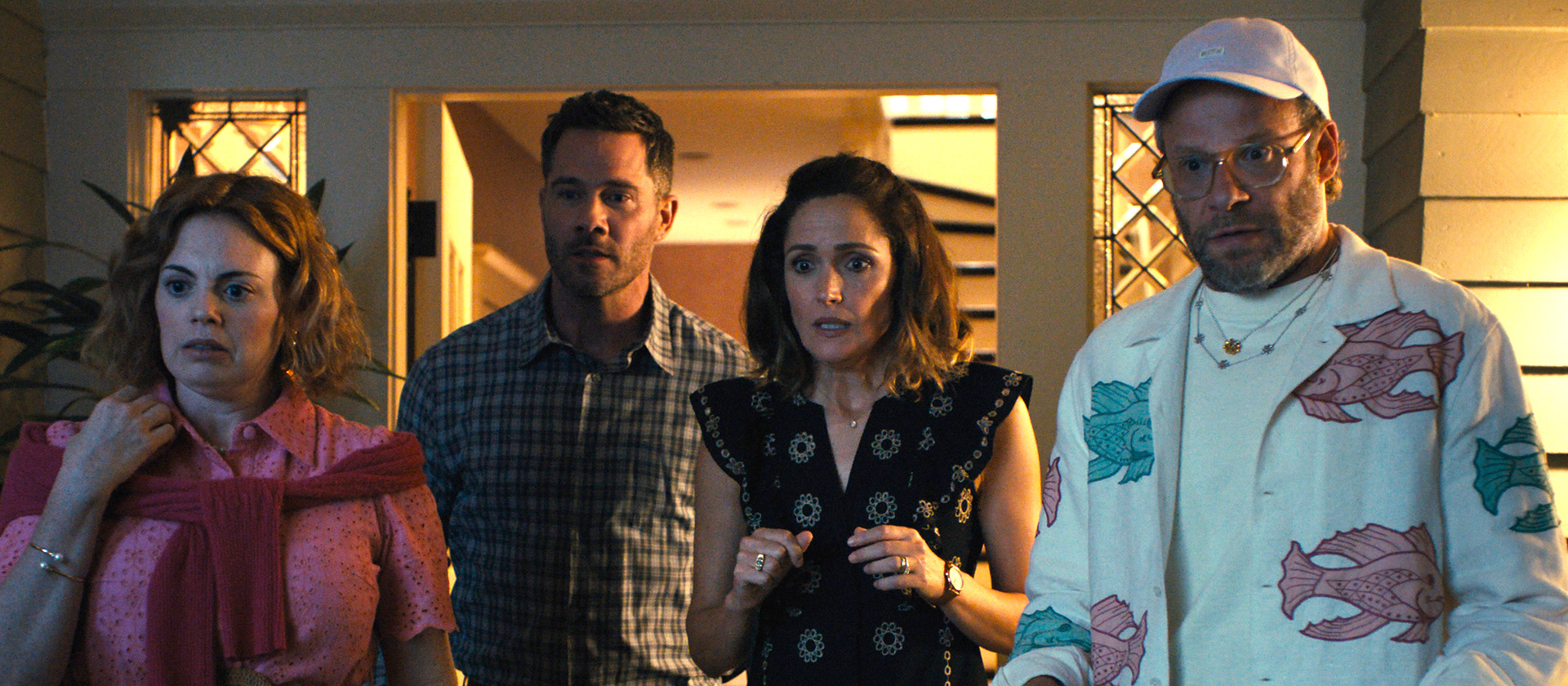
And Sylvia seems always on the edge of a manic episode because the demands to be an accomplished mother, wife, businesswoman, and fun, spontaneous friend exist far beyond what she’s naturally capable of, which results in some incredible bits of comedy, including what might be the greatest use yet of Katy Perry’s Roar.
What’s been particularly nice about season two, however, is that the show’s learned to make better use of its supporting characters. Luke Macfarlane’s Charlie, Sylvia’s himbo lawyer husband, gets an entire narrative arc based around his love of Jeopardy!, while Sylvia’s bestie Katie (Carla Gallo) has a podcast in which she talks exclusively in forced vocal fry and empty aphorisms like “don’t ask, don’t get”. Platonic is, well, the Platonic ideal of the sitcom: silly, self-aware, but smart and relatable, too.










